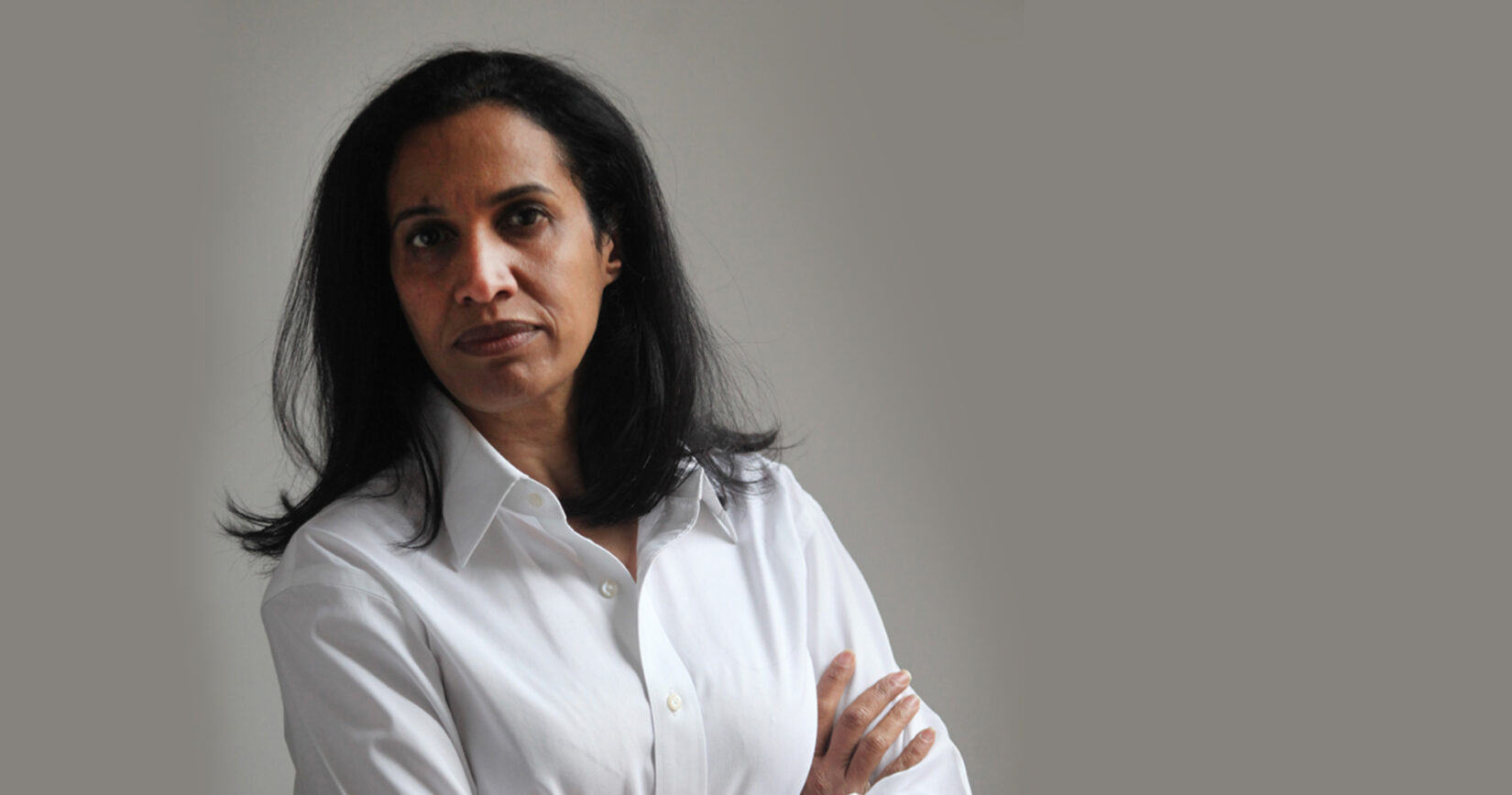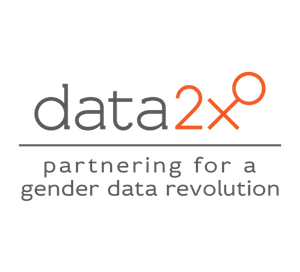
El Iza Mohamedou, an economist and program manager at 50×2030, is working to bridge the global agricultural data gap by transforming country data systems across 50 countries by 2030 to ensure women are counted. Without such critical data, low-income countries can’t adequately craft agricultural policies that address gender-based discrimination in how they budget, invest, and plan. The failure to collect data that captures women’s voices and reveal gender-differentiated nuances in agriculture means missing out on a big piece of the labor and productivity picture and the real progress being achieved in countries.
What does #EqualEverywhere mean to you?
For me, #EqualEverywhere means accounting for every single woman everywhere. This is particularly important in the area of agriculture, where more than two-thirds of the population in low-income countries is active. The ability to account for women’s contributions and roles in this sector is important — not only in terms of recognizing their work but also monitoring the protection of their rights, especially asset ownership. With access to the right data, decision makers — policymakers, researchers, civil society organizations, development partners — are all better positioned to highlight the inequities and vulnerabilities facing women’s rights and societal inclusion in order to help advance our equity goals.
How do you advocate for equal rights for girls and women?
The 50×2030 Initiative is committed to producing sex-disaggregated indicators across the 50 low- and lower-middle-income countries in Africa, Asia, the Middle East, and Latin America. We will be active in our data collection efforts in these countries to close the agricultural data gap. The data collection operations we support at the country level will give us that information. Equally important, our governance framework requires these participating countries to agree to continue producing this data long after our support phases out. And we also plan to work with countries to better use the data produced so that insights generated about women working in agriculture and living in rural areas can find their way into policies and social discourse. In essence, we have embedded sustainable gains for women throughout this intervention.
What motivates you to do this work?
I am personally committed to data collection. As an African woman, a mother, and a professional with more than two decades’ experience, I have worked on ensuring data is produced so that it can help achieve better development outcomes. I am also inspired by the commitment of the 50×2030 implementing partner agencies — the World Bank, the International Fund for Agricultural Development, and the Food and Agriculture Organization of the United Nations — our development partners, and by the level of engagement of our partner countries in furthering these efforts.
What are the main challenges you experience in your work to advance gender equality?
There is still much to achieve in how we measure certain gender-related issues such as women’s economic empowerment. But the main barrier is cost. Collecting sex-disaggregated data is more expensive for low- and lower-middle-income countries and does not always find its way into governments’ budgets. This has been an even bigger factor with the effects of COVID-19 on national budgets and data collection. We are working with countries where core, basic, economic and social data collection is already unregular and ill-funded. We are up against a lot at this moment in time.
What progress are you seeing as a result of your work?
We are particularly proud of the technical advancements we have made with the 50×2030 survey tools. They are designed to measure land tenure, agricultural income, labor — for example, who is doing the work on a holding. We are also able to track gender differentials in decision-making and management like who is the plot holder and livestock manager, who has control over crop and livestock products sale earnings as well as productivity and education. We are also committed to making sex-disaggregated data a reality as a means to achieving the Sustainable Development Goals and building a coalition of national, regional, and international stakeholders around this issue. We are certainly not alone in this work, and we are pleased to be advancing these efforts in lockstep with partners in a coordinated march toward equality.
What progress are you seeing in the wider gender equality movement?
I see a growing openness and willingness to consider the voices from and the realities of developing countries, a step that is critical in rendering the movement universal and sustained.
In which part of life are you most committed to taking action on gender equality, and why?
I lead an all-female program management team at the 50×2030 Initiative of highly competent, dedicated women from diverse backgrounds. To me, it shows the world that it can be done, and I hope in a few years’ time a team like ours will not be considered a rarity.
What will you challenge others to do?
To commit to using data. To ensure it is produced by national systems. To support the resources needed for it.
As part of Data2X’s mission to improve the availability, quality, and use of gender data to make a practical difference in the lives of women and girls worldwide, we amplify the work of partners like 50×2030 who are making concerted efforts to fill data gaps on women
 BACK TO STORIES
BACK TO STORIES